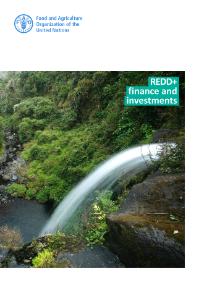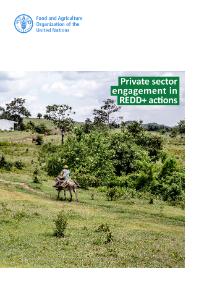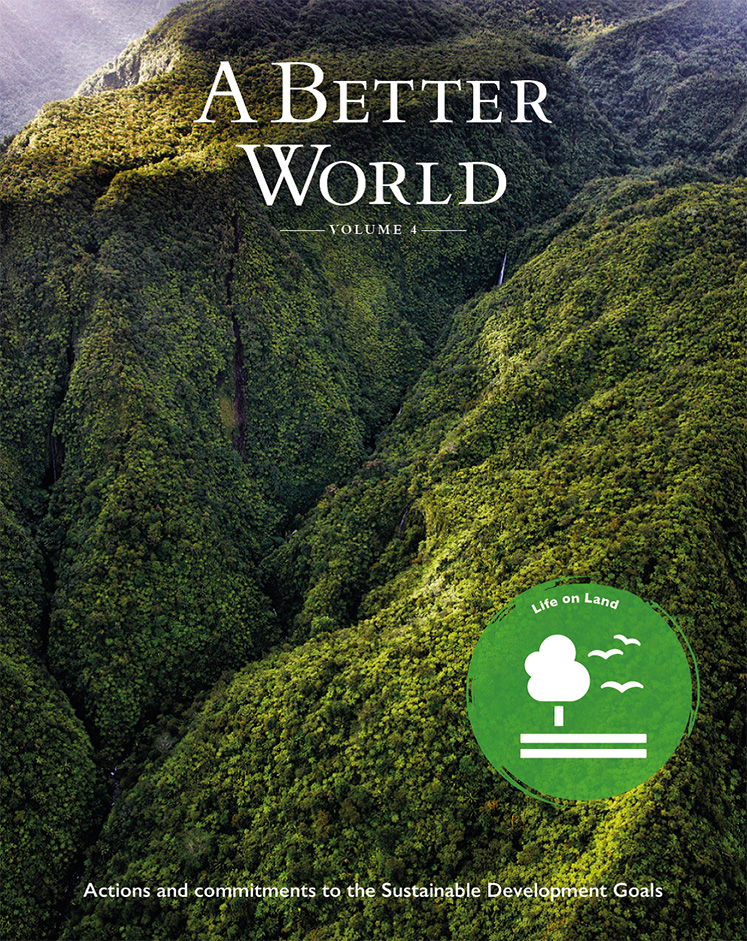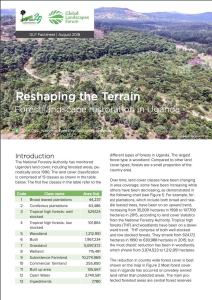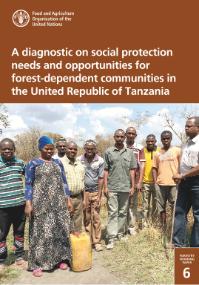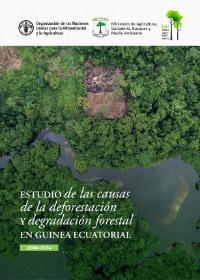Forest governance and timber legality for REDD+
The successful reduction of emissions from deforestation and forest degradation requires forest governance to be efficient, effective and equitable. The concept of forest governance has evolved to engage public and private actors at many levels to make and enforce decisions that are clear, transparent, just, and lead to the sustainability of forests and the fair distribution of the benefits derived from their use. Forest governance also refers to the institutional, policy and legal dimensions addressing both direct and indirect drivers of forest loss and degradation.


